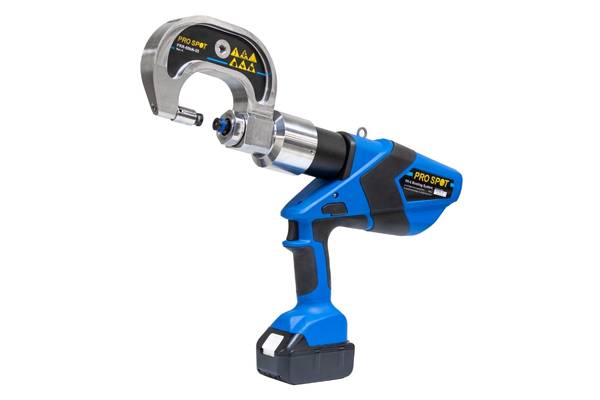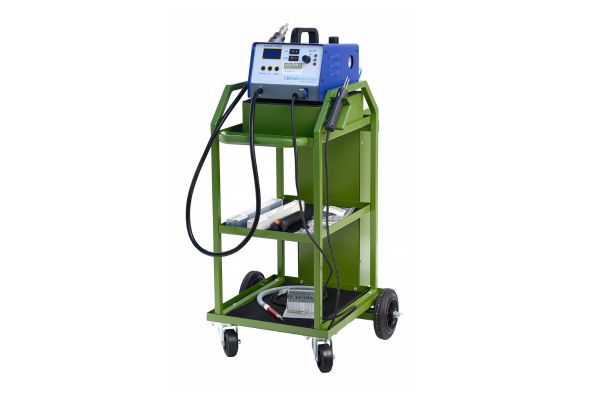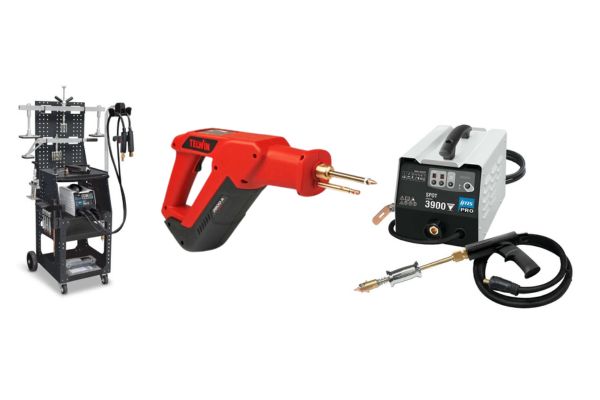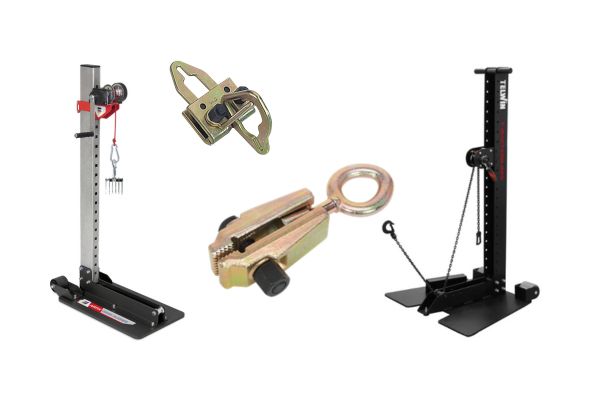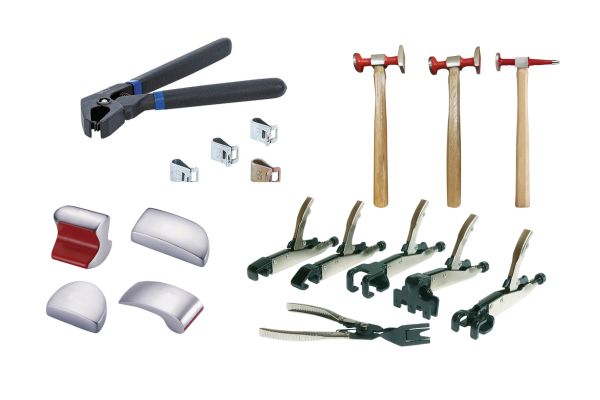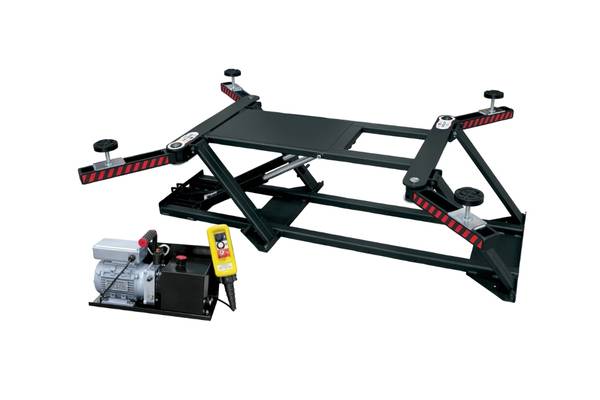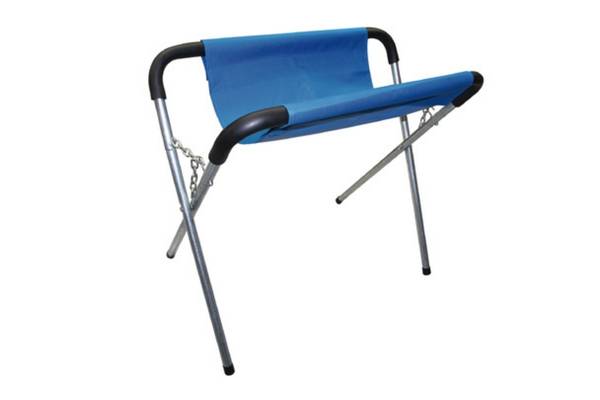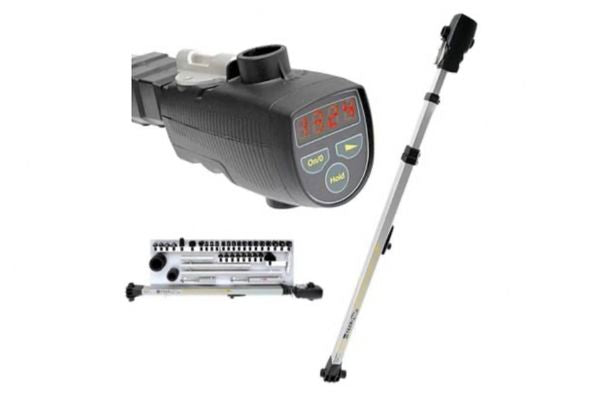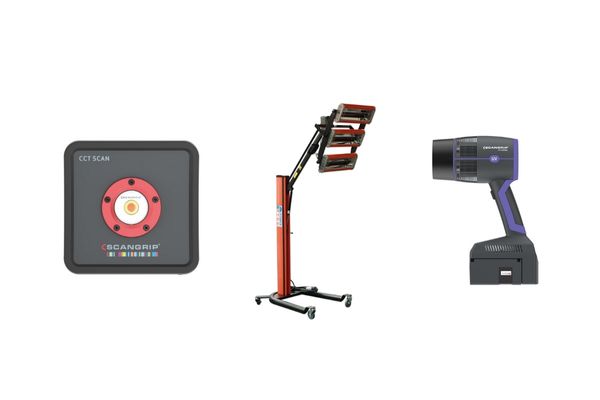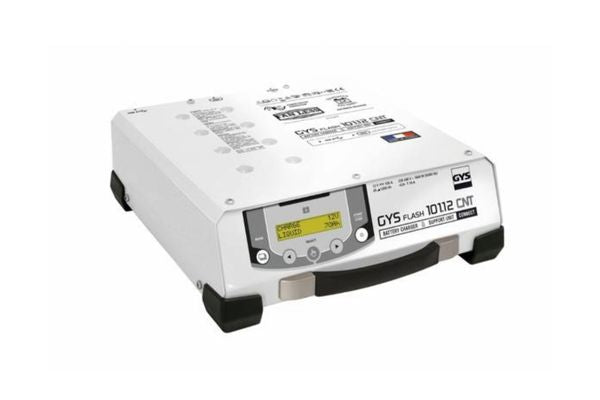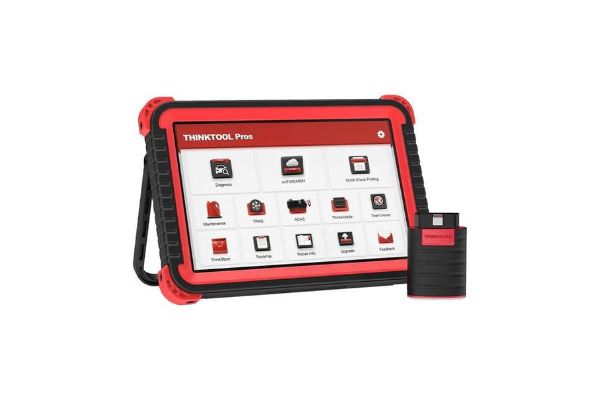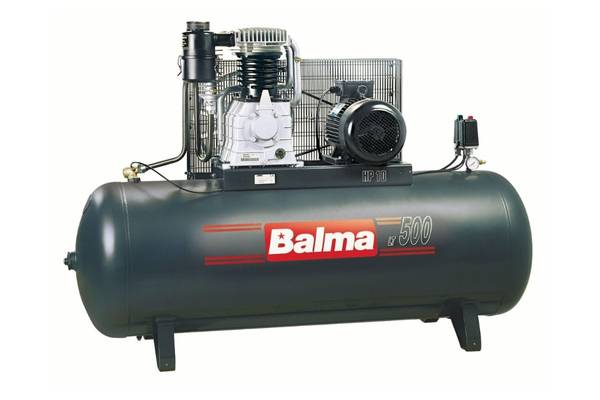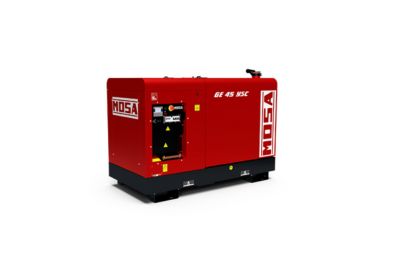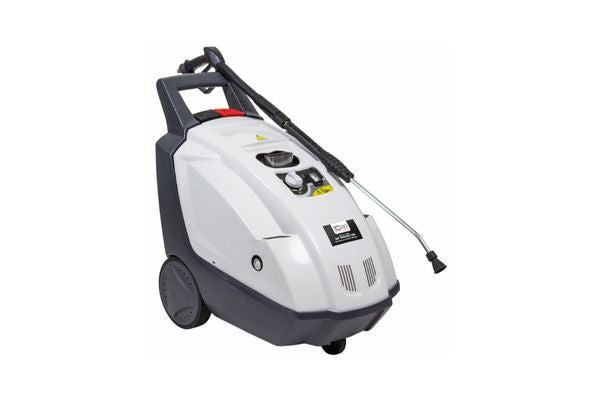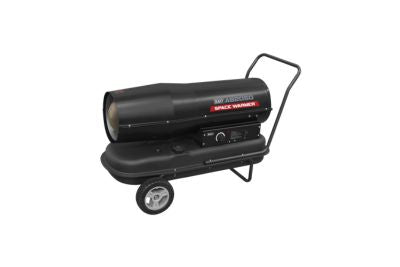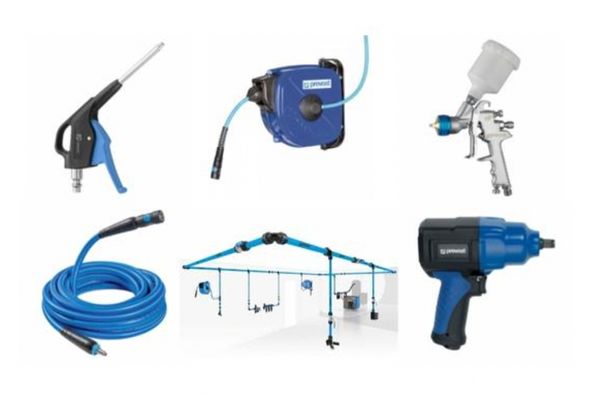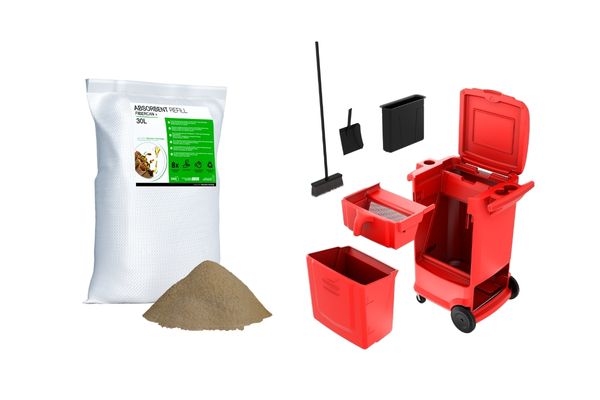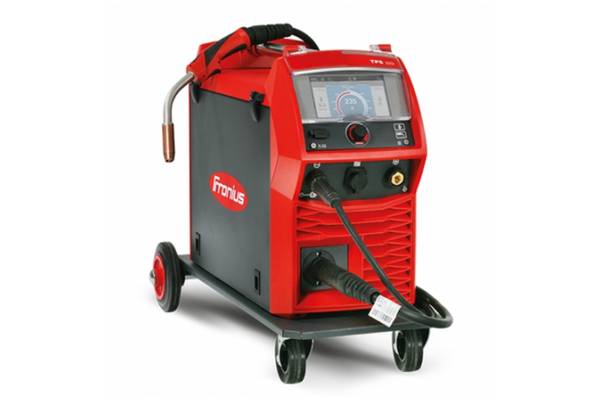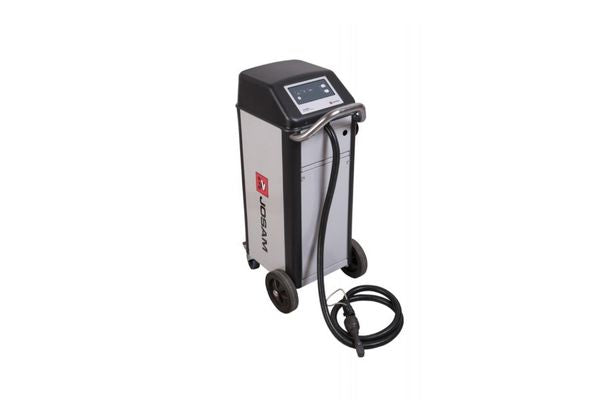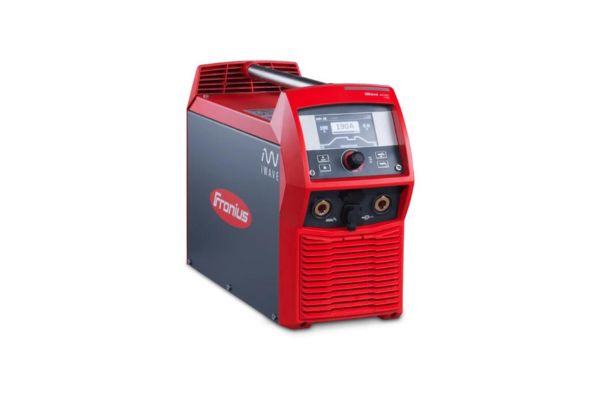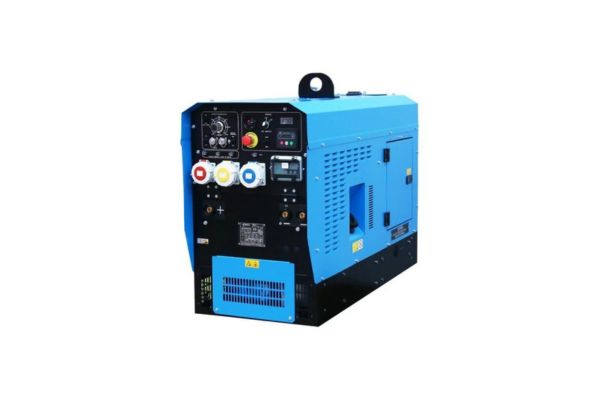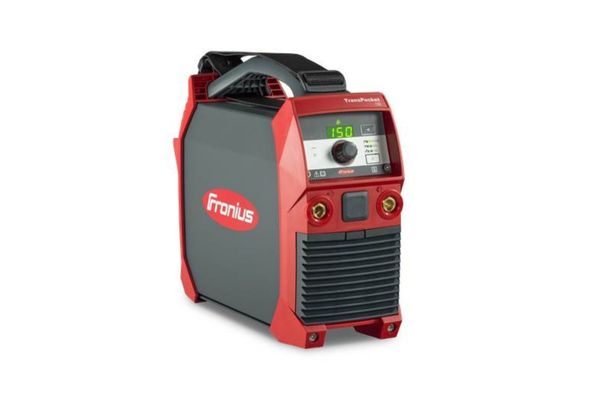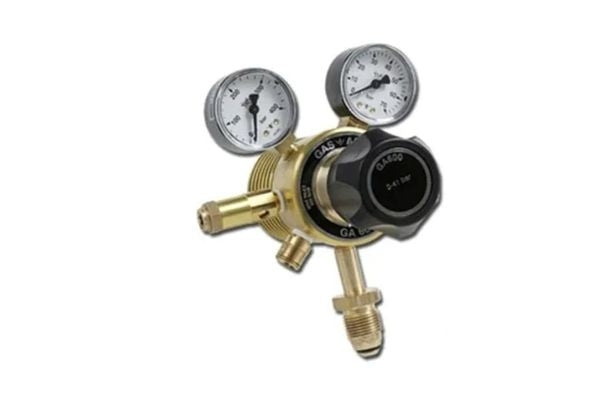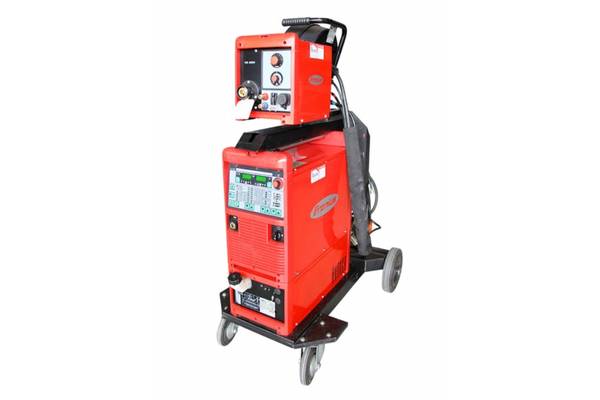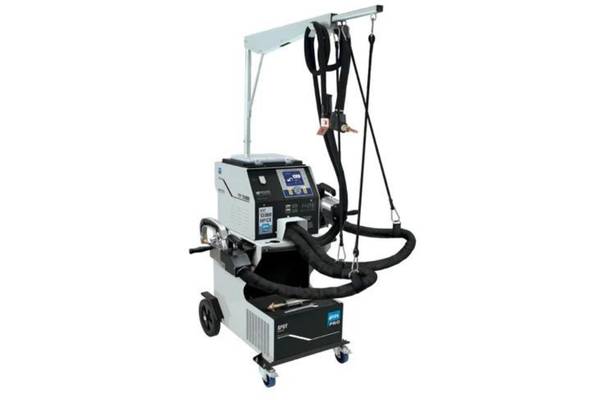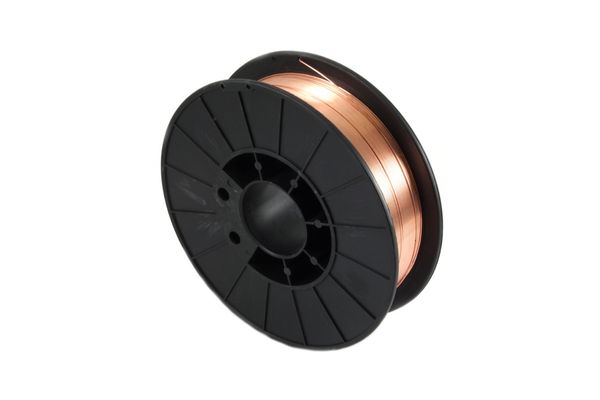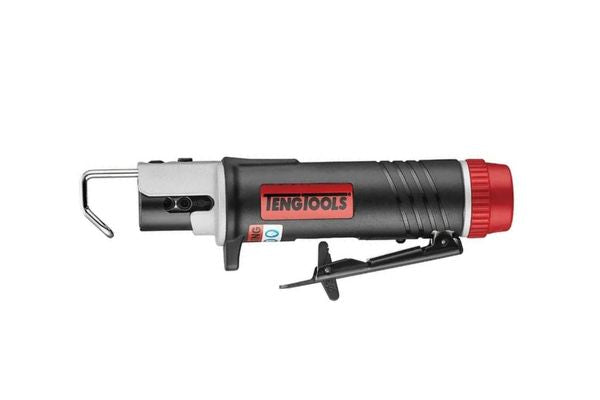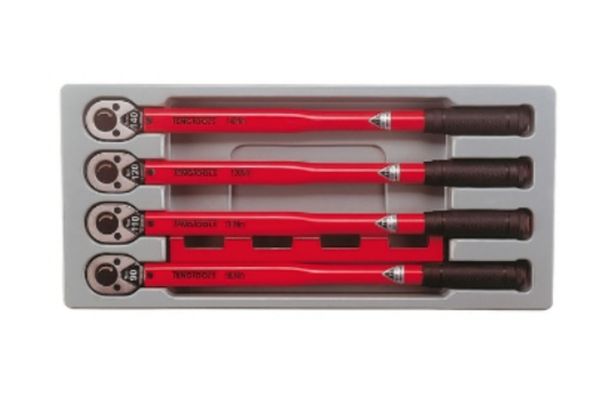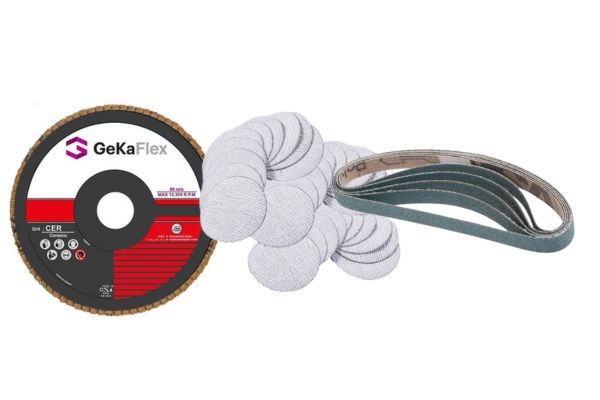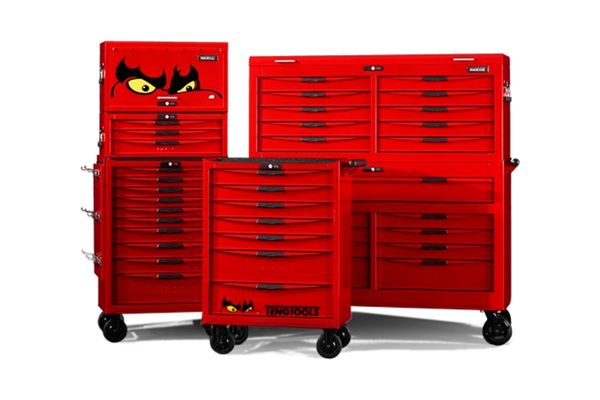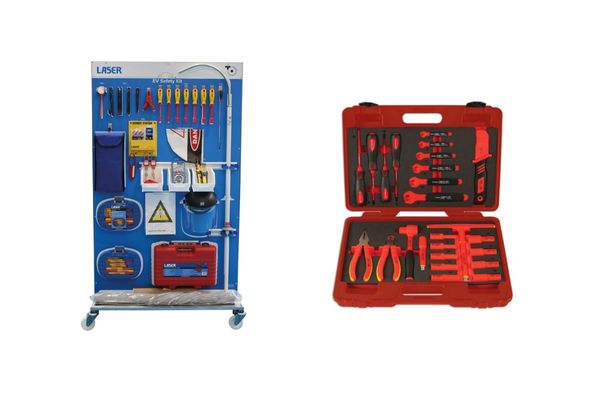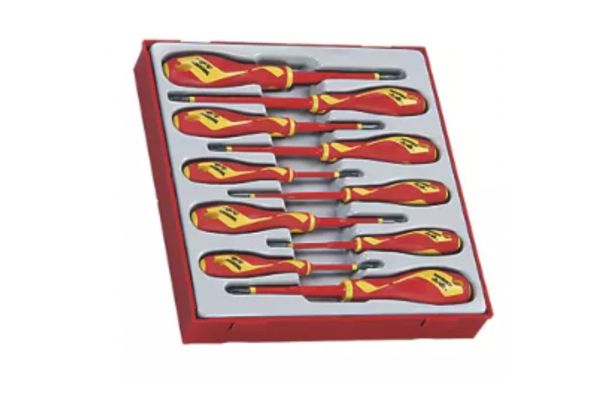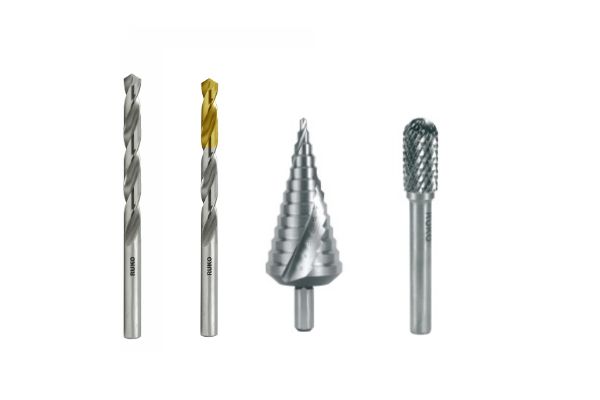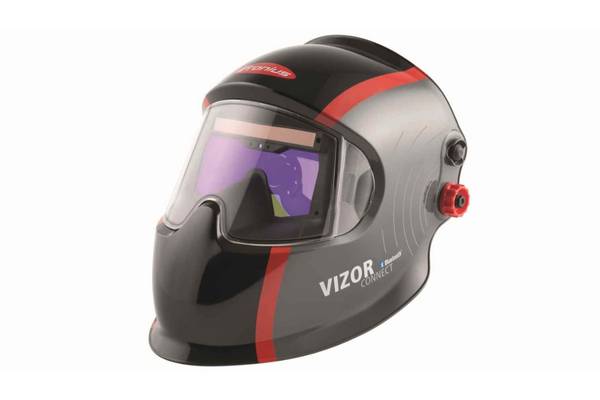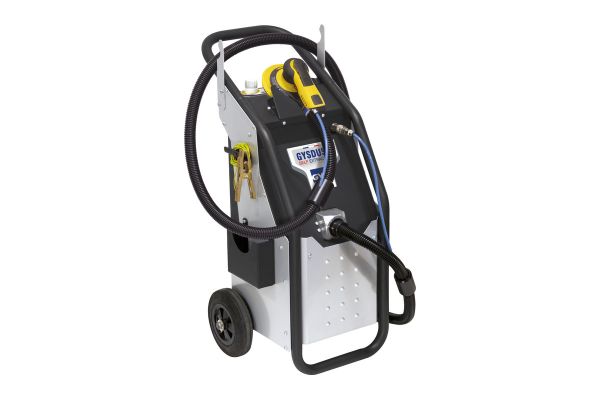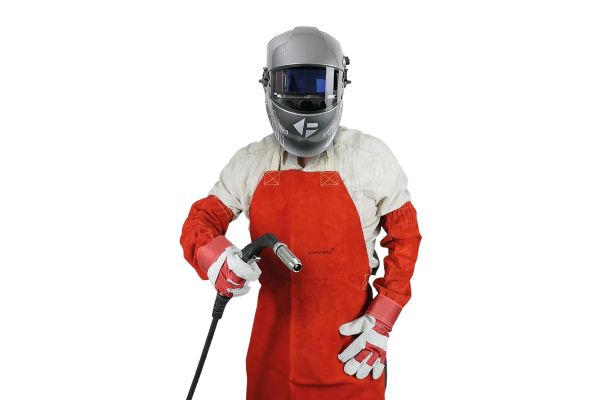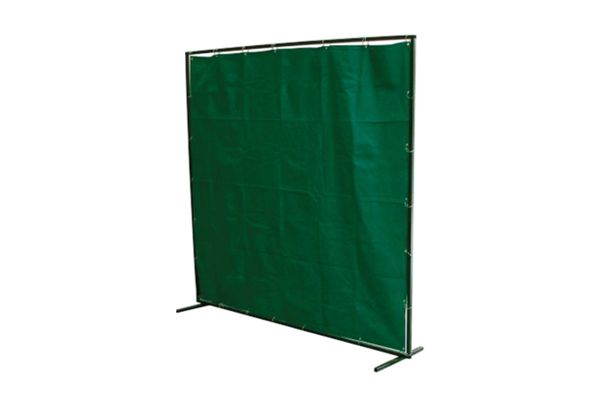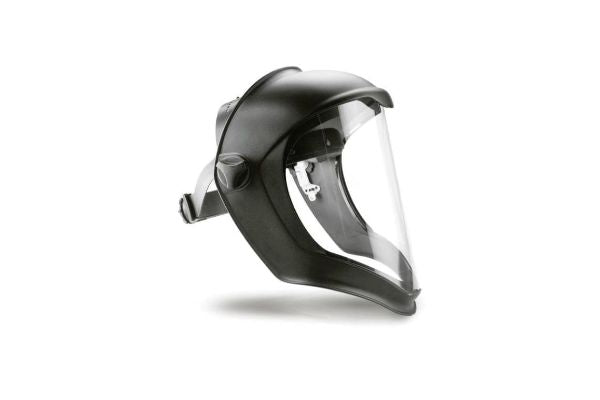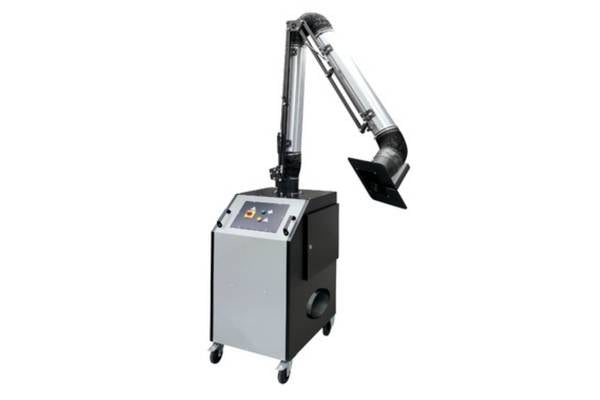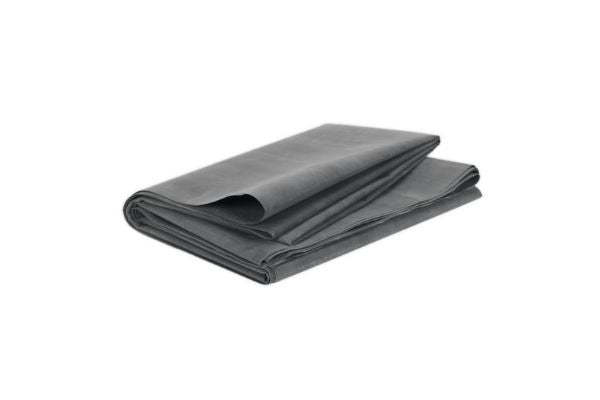Your Cart is Empty
Need Some Help? 0161 223 1843
Need Some Help? 0161 223 1843
BODYSHOP
WORKSHOP
WELDING
TOOLS

Why Have Welding Fumes Been Reclassified As A Human Carcinogen?
June 18, 2019 2 min read
It’s widely accepted that exposure to welding fumes can cause or contribute towards a number of health issues.
The UK’s Health and Safety Executive (HSE) says, for example, that welders are particularly prone to a lung infection that can lead to severe and sometimes fatal pneumonia. Many welders report flu-like symptoms commonly known as ‘metal fume fever’ and irritation of the throat and lungs is also prevalent.
As of February 2019, welding fume has also been reclassified as a human carcinogen. A carcinogen is any substance or radiation that promotes carcinogenesis, or the formation of cancer.
This reclassification has come about following a recent review of existing scientific evidence undertaken by the International Agency for Research on Cancer (IARC). It concluded that exposure to mild steel welding fume "can cause lung cancer" in humans. It also found that there was a possibility that it could cause kidney cancer. The agency’s conclusions have subsequently been backed up by the Workplace Health Expert Committee. This is an independent body set up to provide authoritative and scientific advice on matters pertaining to workplace health.
The HSE says that general ventilation alone will not be sufficient in terms of welding health and safety. Suitable control does include the use of Local Exhaust Ventilation (LEV) systems, which can be used to carry away airborne contaminants before they can be breathed in. These systems may be static or mobile but do not always protect workers fully.
Where LEV alone is not sufficient, the HSE says that appropriate respiratory protective equipment (RPE) should also be provided. This generally takes the form of a fume-extracting helmet, which is powered by a small battery and incorporates a fan to suck air through a filtration unit.
The HSE says that appropriate RPE should also be provided when welding outdoors. It adds that control measures should be put in place no matter how short the job, as there is no known level of safe exposure.
It also reminds employers to ensure that all engineering controls such as LEV are thoroughly tested, maintained and correctly used.
To discuss technical information and suggestions contact us via email: sales@weldshop.co or call us on: 0044 161 223 1843.
The UK’s Health and Safety Executive (HSE) says, for example, that welders are particularly prone to a lung infection that can lead to severe and sometimes fatal pneumonia. Many welders report flu-like symptoms commonly known as ‘metal fume fever’ and irritation of the throat and lungs is also prevalent.
As of February 2019, welding fume has also been reclassified as a human carcinogen. A carcinogen is any substance or radiation that promotes carcinogenesis, or the formation of cancer.
This reclassification has come about following a recent review of existing scientific evidence undertaken by the International Agency for Research on Cancer (IARC). It concluded that exposure to mild steel welding fume "can cause lung cancer" in humans. It also found that there was a possibility that it could cause kidney cancer. The agency’s conclusions have subsequently been backed up by the Workplace Health Expert Committee. This is an independent body set up to provide authoritative and scientific advice on matters pertaining to workplace health.
What Does This Mean For Welders & Businesses?
The reclassification of welding fumes as a carcinogen means that businesses and other organisations that undertake welding activities will need to adhere to new, more stringent welding regulations. These will take the form of engineering controls to control the fume their welders are exposed to. As well as the carcinogenic effects, control will also limit exposure to substances such as manganese, which can cause neurological effects.The HSE says that general ventilation alone will not be sufficient in terms of welding health and safety. Suitable control does include the use of Local Exhaust Ventilation (LEV) systems, which can be used to carry away airborne contaminants before they can be breathed in. These systems may be static or mobile but do not always protect workers fully.
Where LEV alone is not sufficient, the HSE says that appropriate respiratory protective equipment (RPE) should also be provided. This generally takes the form of a fume-extracting helmet, which is powered by a small battery and incorporates a fan to suck air through a filtration unit.
The HSE says that appropriate RPE should also be provided when welding outdoors. It adds that control measures should be put in place no matter how short the job, as there is no known level of safe exposure.
It also reminds employers to ensure that all engineering controls such as LEV are thoroughly tested, maintained and correctly used.
To discuss technical information and suggestions contact us via email: sales@weldshop.co or call us on: 0044 161 223 1843.
Leave a comment
Comments will be approved before showing up.


